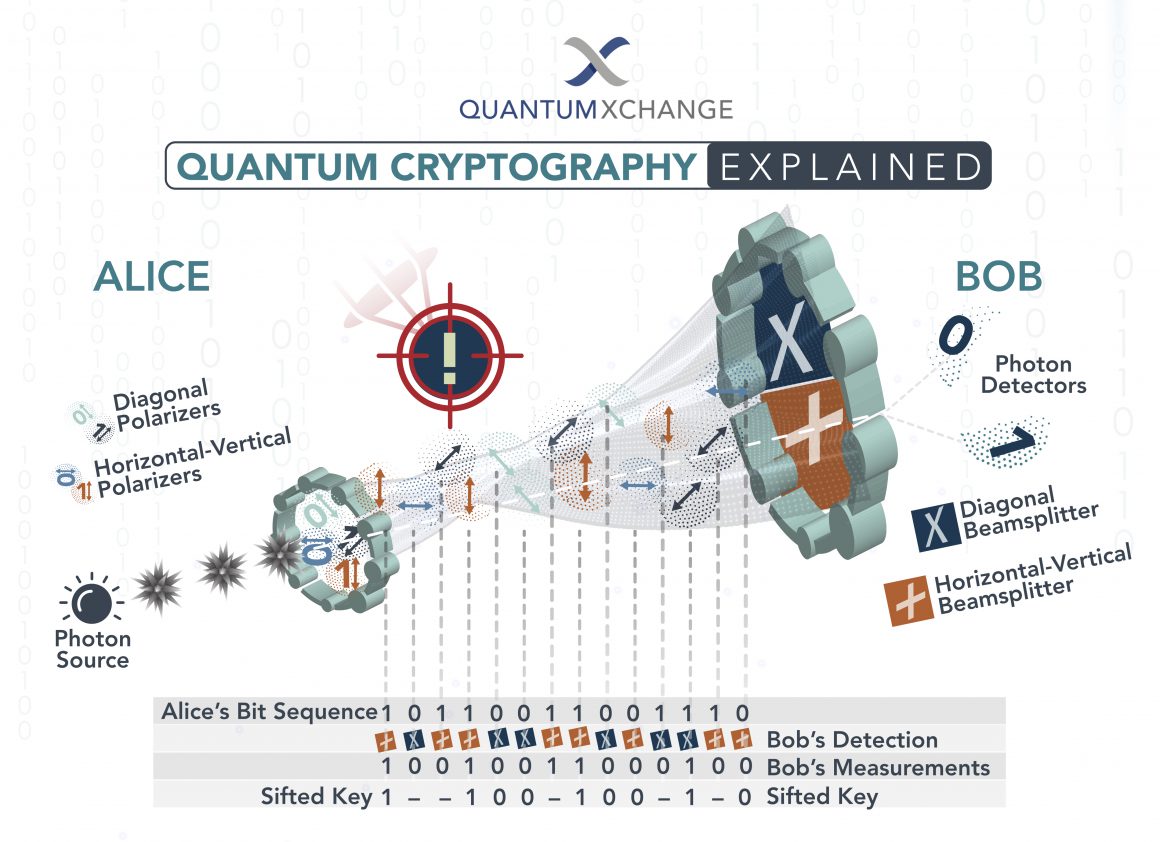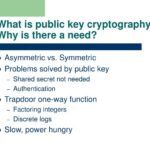Quantum cryptography, a sophisticated and burgeoning field, stands as a pinnacle of contemporary cryptographic endeavors. It seeks to leverage the peculiar principles of quantum mechanics to devise systems that can guarantee the confidentiality and integrity of information in ways unattainable by classical methods. But what exactly are the main goals of quantum cryptography, and why do they carry profound implications in the present digital age?
At its core, the principal objective of quantum cryptography is to establish secure communication channels free from the vulnerabilities inherent in traditional cryptographic practices. Classical cryptography, fundamentally reliant on mathematical complexity, is under constant threat from more advanced computational techniques and the impending advent of quantum computers. This raises a critical question: can we reliably secure our data against a future where quantum computing renders existing encryption algorithms obsolete?
The answer lies in the notion of quantum key distribution (QKD), a foundational component of quantum cryptography. Here, the primary goal manifests itself: enabling two parties to share a secret key, which is provably secure against eavesdropping. This is achieved through the principles of quantum superposition and entanglement. When a key is shared using QKD, any attempt at eavesdropping becomes detectable due to the very nature of quantum states. Simply put, measuring a quantum particle irreversibly alters its state, essentially revealing the presence of an intrusive observer. This radical shift in security paradigms forms the crux of quantum cryptography’s significance.
Moreover, quantum cryptography aims to foster a new level of trust in digital communications. In an era where data breaches and cyber threats loom large, safeguarding sensitive information is paramount. Traditional encryption often relies on heuristic methods, which may be susceptible to unforeseen vulnerabilities. Conversely, quantum cryptographic systems claim to offer unconditional security, allowing users to communicate with confidence in the authenticity and secrecy of their exchanges. This concept of trust is further augmented by the reliance on quantum mechanics rather than mathematical complexity, thus fostering a new dimension of reliability.
In addition to enhancing security, another vital goal of quantum cryptography is the enhancement of network infrastructure. With the pursuit of interconnecting quantum devices, quantum communication networks have the potential to revolutionize how information is shared globally. The aspiration is not merely confined to point-to-point communication; it extends toward the creation of a quantum internet, a network that can facilitate secure transactions and communications at an unprecedented speed and efficiency. The implications of such advancements are monumental.
However, these goals are not without challenges. The implementation of quantum cryptography faces a myriad of practical hurdles. For instance, creating a robust quantum communication channel requires sophisticated technology that is still in developmental stages. Environmental factors can affect the stability of quantum states, leading to potential loss of information. Furthermore, the integration of quantum systems with existing digital infrastructure poses formidable technological and economic obstacles.
As we peer into the intricacies of this cutting-edge field, it becomes increasingly evident that public awareness and understanding of quantum cryptography play crucial roles. Education surrounding its principles, merits, and limitations is essential for fostering widespread acceptance and investment in this transformative technology. Moreover, engaging industries such as finance, healthcare, and national security is vital to tailor practical solutions that meet critical security needs in these domains.
The implications of quantum cryptography extend beyond mere technicalities; they evoke philosophical inquiries regarding privacy, surveillance, and the ethics of secure communication. In navigating the digital landscape where individual rights to information protection intersect with the relentless pursuit of data analytics, quantum cryptography poses profound questions. To what extent should individuals be entitled to inviolately secure communications? And how might societies reconcile these freedoms with inherent security and monitoring needs?
While quantum cryptography heralds the promise of a new era of secure communication, it beckons us to ponder broader possibilities. Could this initiative spur the creation of entirely new economic structures, whereby data ownership and privacy rights transform dramatically? Could we envision a future where personal encryption becomes standard, enabling individuals to reclaim control over their digital identities?
To summarize, quantum cryptography’s principal goals encompass the establishment of secure channels, the cultivation of trust, and the eventual development of a quantum internet. These objectives challenge conventional security paradigms, positioning quantum technology as a necessary evolution in our fight against cyber threats. However, as we journey through the embedded complexity of this discourse, we must confront the multifaceted challenges that lie ahead while also grappling with the ethical quandaries it entails. As cryptographers and industry professionals work tirelessly to realize the full potential of quantum cryptography, the questions it raises linger in the backdrop of our digital existence, inviting us to reflect on the fragile fabric of trust that underpins our connected world.








Leave a Comment